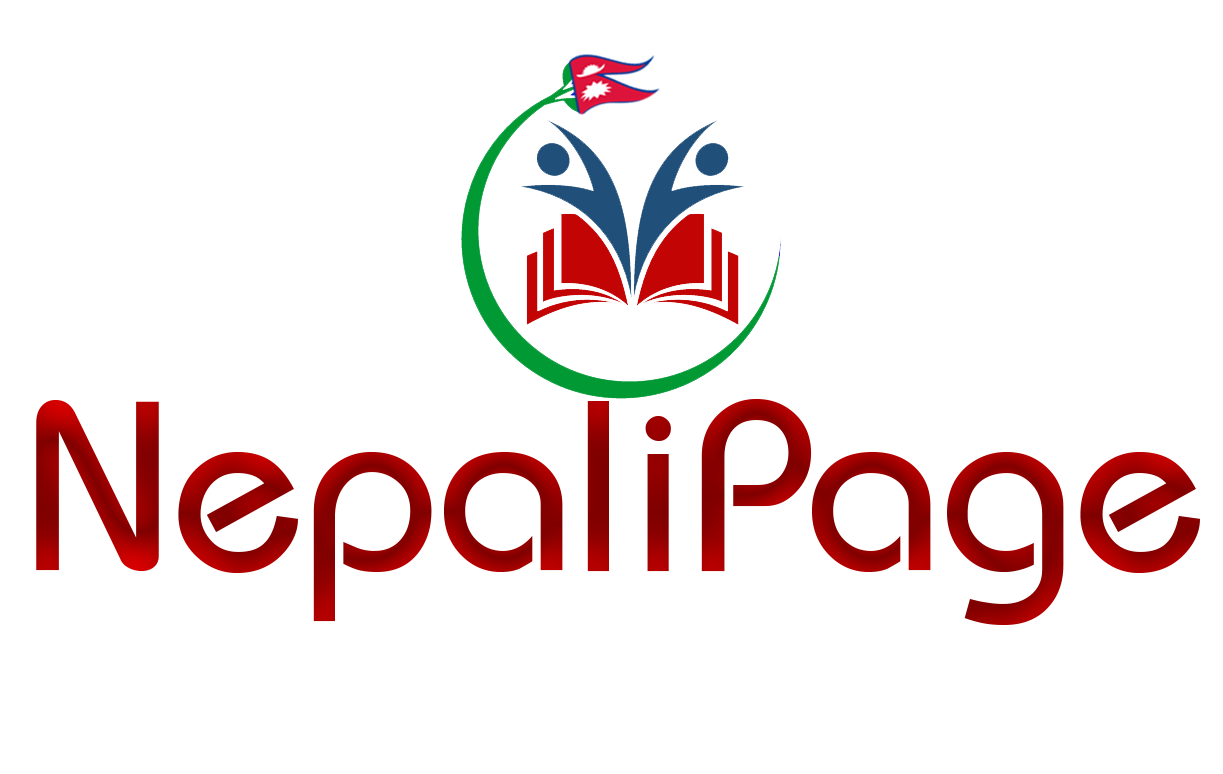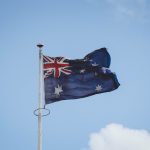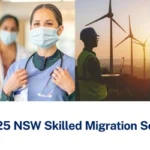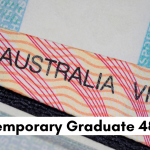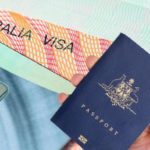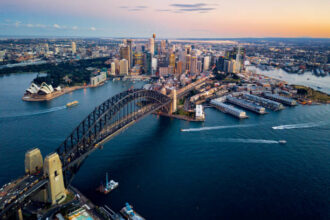Scott Morrison, the Australian Prime Minister, announced that international students and skilled workers would register next week. Meanwhile, health authorities continue to evaluate whether or not they should adjust the timing of booster shots.
A federal official announced that emergency powers would remain in force through February 2022, forcing international travellers to wear masks and restricting travel from certain high-risk countries.
Morrison said his government was inclined to reopen to international students and skilled workers on 15 December despite the impact of the Omicron variant of Covid-19 being top of the agenda of the end-of-year cabinet meeting.
Initially, it was scheduled to occur at the beginning of December, but it was delayed while authorities gathered more information about Omicron.
Read Also: Australia’s strategy to revive international education is right to aim for more diversity
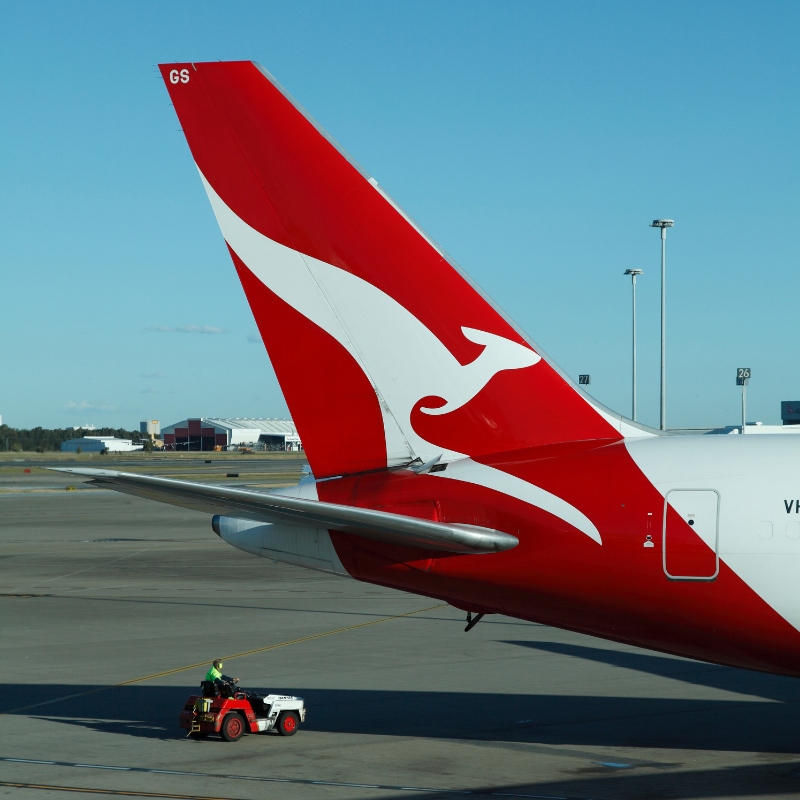
On Friday, Morrison said that the government was awaiting advice to determine whether the borders would open on that date. According to him, “we don’t want to go backward.”. The federal government has decided some measures will need to remain in place longer despite Morrison’s upbeat message. As per PM’s office, Australia is still at an early stage of understanding the Omicron variant, according to Prof Paul Kelly, the chief medical officer.
Greg Hunt, the federal minister of health, announced that the emergency period under the Biosecurity Act gets extended until 17 February.
Those arrangements, which have been in place since March 2020 and have been renewed several times, will continue if health advice indicates it is necessary.
Hunter noted that the extension would enable the government to “continue the important measures already in place as it opens Australia and acts decisively to respond to the emergence of the Omicron variant”.
The government would extend mandatory pre-departure testing and mask-wearing on international flights, restrict outbound international travel for unvaccinated Australians, and impose travel restrictions on high-risk countries.
The government would extend mandatory pre-departure testing and mask-wearing on international flights, restrict outbound international travel for unvaccinated Australians, and impose travel restrictions on high-risk countries.
As more information about Omicron becomes available, the federal government may revise any of these regulations earlier than February “to reflect the latest medical advice”.
Additionally, cruise ships will continue to face restrictions on entry to Australia under the extension. Nevertheless, Hunt said the government would “continually monitor, every month, whether current restrictions on cruise ships can be lifted or amended”.
Lt Gen John Frewen, the national vaccination coordinator, updated the meeting regarding delivering Australia’s vaccine boosters.
In line with that, the Pfizer Covid vaccine will be available starting on 10 January to children aged five to 11.
Alicia Payne, a Labor MP, told Sky News: “I believe parents will appreciate this approval.”. It has been very frustrating for many parents to have to wait for vaccinations for their children.”
Fewer briefed leaders “on their plans to reduce the disparity in vaccination rates between indigenous and non-indigenous Australians, and on their preparations to administer Covid-19 vaccines to children aged 5 to 11 years,” Morrison said in a statement.
As a result of recent outbreaks in the Northern Territory and the Omicron variant, the cabinet decided that existing Covid-19 outbreak management plans get updated to protect Aboriginal and Torres Strait Islander communities.
Read Also: A new strain of Omicron COVID is forcing Australia to tighten quarantine rules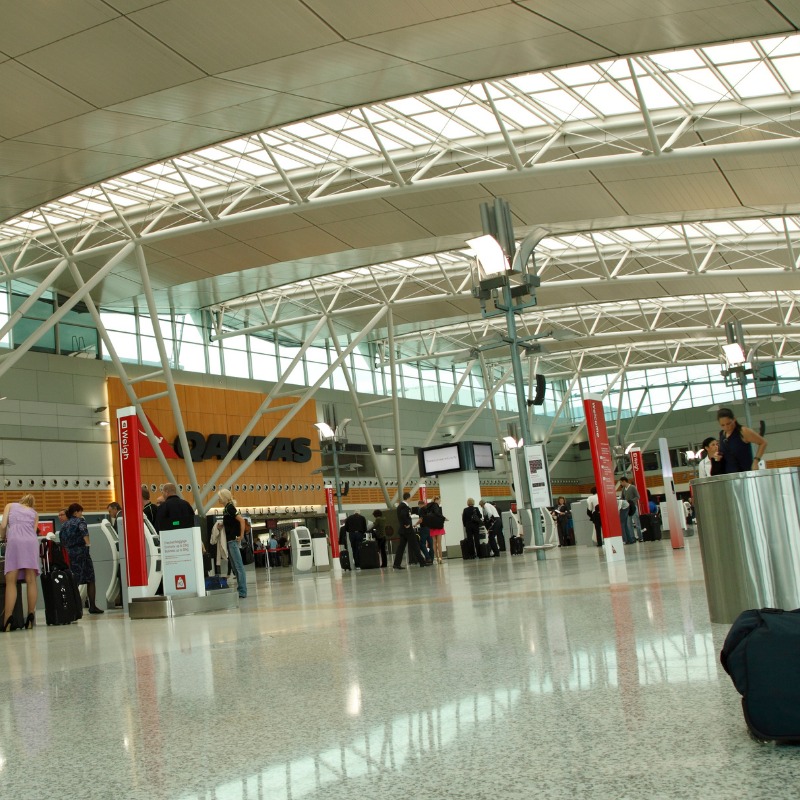
During the Northern Territory’s detection of four Covid cases in Katherine, three crowded households continued to be linked to the case cluster.
Former Prime Minister Morrison hinted earlier that the federal government would consider bringing forward booster shots.
In Sydney, he told reporters, “We are reviewing the evidence about whether the booster shot can get delayed for a shorter period… and we are working with medical experts on those issues.”
The lack of severity of the illness has been downplayed by Morrison, who said the pandemic everywhere might well lead to a step down in the virus, but we’ll see how things play out. Kelly and the Doherty Institute will provide fresh advice to the federal cabinet at its meeting in February on what threshold needs to be met to move to phase D of the national reopening plan.
At the meeting held on Friday, “significant progress has been made toward reopening Australia”, with Western Australia expected to reach 80 per cent coverage of over-16 double-dose vaccinations within days, meaning that the entire country can now move into phase C.
State premiers are not likely to close domestic borders again, Morrison told 2GB radio, arguing that their reaction to the Omicron variant was a good test of their nerve.
Steven Marshall, the premier of South Australia, was praised for not closing the state border and Annastacia Palaszczuk, the premier of Queensland, for the imminent reopening of their border.
Having received a second Covid-19 vaccine dose at least six months ago, Morrison encouraged all Australians to schedule their booster shots “because it will become more critical as we move into the new year“.
According to the Queensland Department of Health, four new local cases of Covid-19 and two interstate cases were reported in the community on Friday. A lockdown on the Gold Coast was unlikely, but Yvette D’Ath urged Gold Coast residents to get vaccinations and wear masks.
Travellers from Dubai who landed in Melbourne from Dubai on 30 November reported two new cases of the Omicron variant in Victoria.

